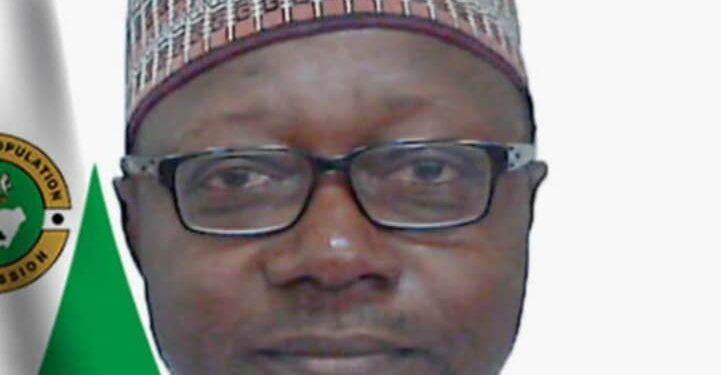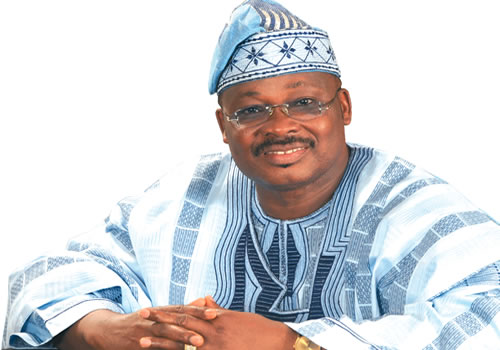The National Population Commission (NPC), under the leadership of Hon. Nasir Isa Kwarra may conduct the first digital population census in Nigeria. This is a brilliant step and a plus to the Nigerian government.
The digital census could help prevent manual input errors and ensure data validation. The digital census is also time effective, in terms of cutting short processing the census result and availability of results. The census is conducted every 10 years and Nigeria is 4 years behind schedule with the 2022 census. The last census in Nigeria was carried out in 2006 where Nigeria’s population was estimated at over 140 million with the North having the highest population.
A digital census could potentially rule out the problem of faulty data reporting since all data is going to be saved in a server/central storage which can only be accessed by authorised personnels.
The digital census can also help reduce double-counting to an extent since information is contained in a source that can detect if the same information has been input earlier.
NPC’s mandates include, Conduct of Specialized Surveys, Registration Of birth and death.
Well, according to the United Nations census data methodology, the digital census will adopt the use of Personal Digital Assistant (PDA). The PDA is a small handheld device which allows for census data to be stored and captured electronically to the device’s memory or a central location. The digital census has been postulated to be carried out according to the UN standard of the digital census. Countries like Ghana, South Africa, USA, and India have carried out their census using the digital census. Seeing the success in these countries, Nigeria intends to adopt this method in the planned census.
Considering the advantages, the Commission, under the leadership of Hon. Kwarra has reiterated its readiness to give the country a first ever digital census. The Commission has the map data in its system androids which, unlike the analogue era, will make it very easy for a reliable and credible census.
Perhaps when the party Primaries are put to rest and President Muhammadu Buhari’s willingness to make a proclamation for the census is made known. The process will Kickstart.
The commission’s capacity to tackle insecurity in all the states of the federation during the census, is also a thing to look into. The Commission has reiterated its commitment to this.
With the kind of leadership the National Population Commission (NPC) has, it will most likely conduct an all-inclusive census, where everyone within the boundaries of Nigeria must be enumerated during the 2023 Population and Housing Census.
Nasir Isa Kwarra, Chairman of NPC, has noted many times that the population of homeless households; homeless persons; nomadic households; transient persons; migrant fishermen; migrant farmers; mobile hunters and refugees/Internally Displaced Persons (IDPs) must be counted by the staff of the commission during the census.
He said: “One of the key features of a census, as outlined in the UN Recommendation for the conduct of Population and Housing Censuses, its universality; that is, the population and housing census should provide data on the total number of persons, households, and housing within a precisely defined territory of a country.
Practically, it means that everyone within the boundaries of the Federal Republic of Nigeria must be enumerated in the 2023 Population and Housing Census(PHC). However, experience has shown that the enumeration of special populations usually constitutes a significant challenge in censuses.
This is due to the unique nature of their settlement, occupation or other characteristics that make them special compared to regular or institutional populations.
This is why it is critical that, as the Commission prepares for the 2023 Population and Housing Census, all members of these groups must be identified on time wherever they are, and their locations mapped and geo-referenced into the national frame to ensure that adequate planning is made for their enumeration during the census.
Apart from identifying and mapping the location of these special populations, it has become imperative to provide important socio-cultural and qualitative information that will facilitate planning for publicity, logistics, and appropriate procedure for the enumeration of these groups.
It is also pertinent to commend the staff members of NPC, who are working assiduously to deliver the census project under the tight timeline of 2023.
We must also urge them to keep at it and ensure they deliver the data for pre-testing during the Trial Census scheduled for this month.
The Agency is teaming up with the office of the Statistician-General/Chief Executive Officer of the National Bureau of Statistics (NBS). With this team work, the identification and mapping of a special population, which is very critical to the success of national planning, will be a huge success. Apparently, the mapping of the special population is in line with the mandate of the household survey conducted by NBS.
The Commission has intensified efforts towards the forthcoming Population and Housing Census. It has conducted an Enumeration Area Demarcation exercise in 99″% across the state of the federation. Facts say, a total of 772 LGAs have been successfully demarcated across the 36 States and Fct have been covered.
Many state governments have so far been supporting the Commission, in areas of sensitization and mobilization of the populace in the LGAs; provision of adequate security for the safety of personnel and materials and; provision of accommodations and logistics for field staff for the next Population and Housing Census.
Olamide Adeniji is a member of the editorial team of TheScript Newspaper




